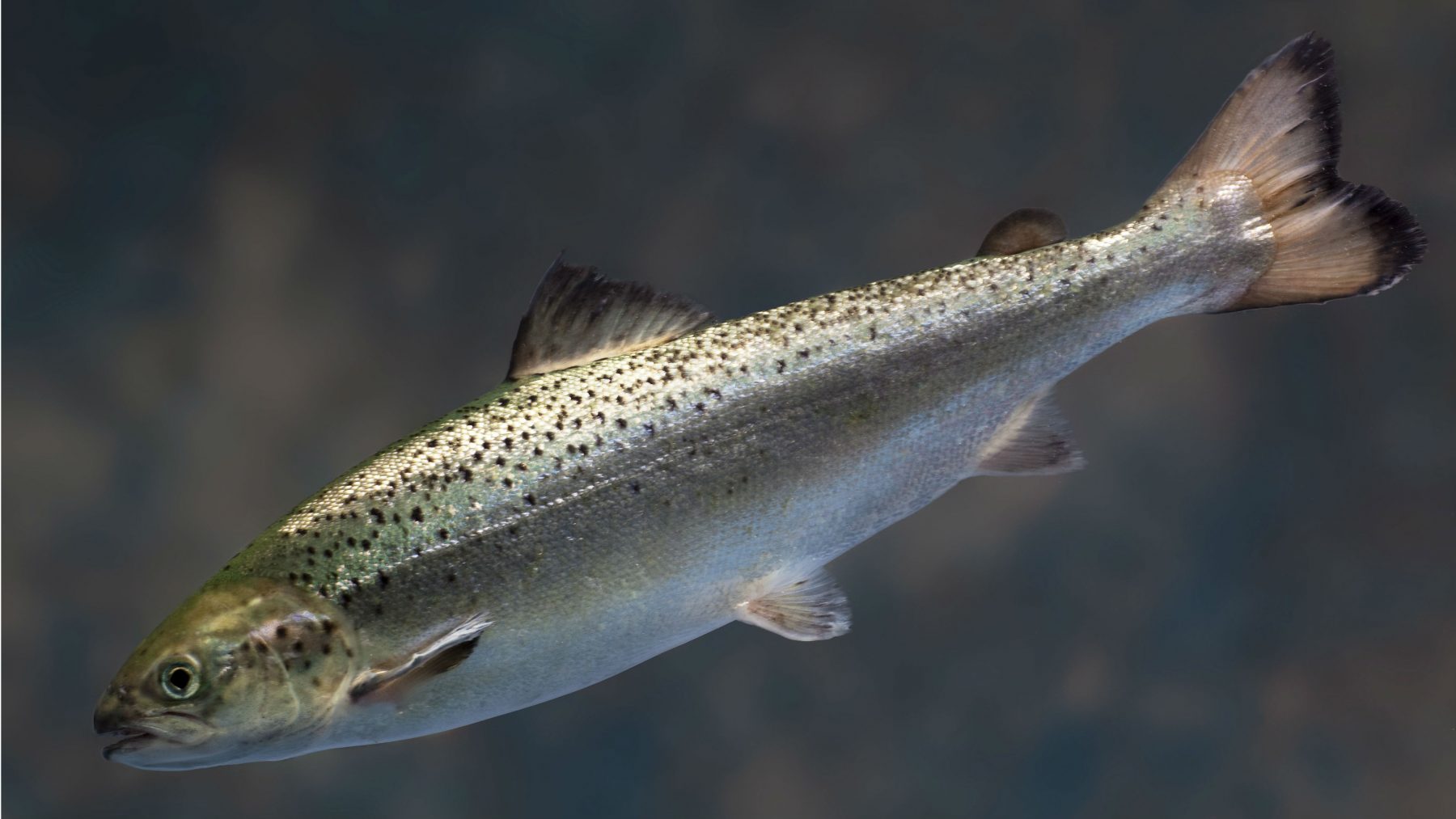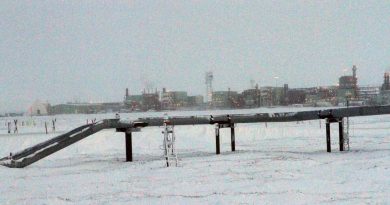U.S. gov clears path for genetically engineered salmon

Genetically engineered salmon is on its way to the United States.
U.S. Food and Drug Commissioner Scott Gottlieb announced Friday he is canceling an import alert, the last barrier keeping the fish out of the country.
The manufacturer of AquAdvantage Salmon can now transport engineered salmon eggs to the company’s facility in Indiana, where they are to be grown into full-sized salmon. When they reach American supermarkets, they will be the first animals with genomic alterations legally sold for human consumption. The FDA concluded in 2015 that the fish is safe to eat.
AquAdvantage Salmon is designed to grow about twice as fast as regular farmed salmon. It splices genes from Atlantic salmon, Pacific Chinook and an eel-like fish called an ocean pout.
Mixed reactions in Alaska
In Alaska, where wild salmon is a top export, the engineered product has been viewed as a threat, to both the environment and commerce.
Sen. Lisa Murkowski calls it “Frankenfish.” She said the FDA’s decision on Friday is “wrong-headed” and pledges to ramp up efforts to pass a more stringent labeling law.
But at the Alaska Seafood Marketing Institute, interim Executive Director Jeremy Woodrow is not panicking.
“Honestly, here at ASMI, we see that as just another farmed seafood product, and we’ve been competing against farmed salmon in the marketplace for several decades now,” he said.
Farmed salmon is generally cheaper, but ASMI has pressed Alaska salmon as a quality brand, emphasizing that it is never farmed.
“Wild, natural, sustainable – those are attributes that really only apply to Alaska salmon, wild-harvested salmon, and that sets us apart in the marketplace … and those are the attributes that we’ll continue to sell to customers,” Woodrow said.
The U.S. Department of Agriculture approved rules in December that require the AquAdvantage fish to be labeled as “bioengineered,” but not necessarily in words written on the packaging. The requirement could be met with a QR code on the label that the consumer would scan with a smart phone, which would lead to a web page that contains the information.
Related stories from around the North:
Finland: Finland’s farming sector in crisis: report, Yle News
Norway: Norway’s seafood exports continue to grow, The Independent Barents Observer
United States: What Congress’s Farm Bill did for fish sticks in Alaska schools, Alaska Public Media



